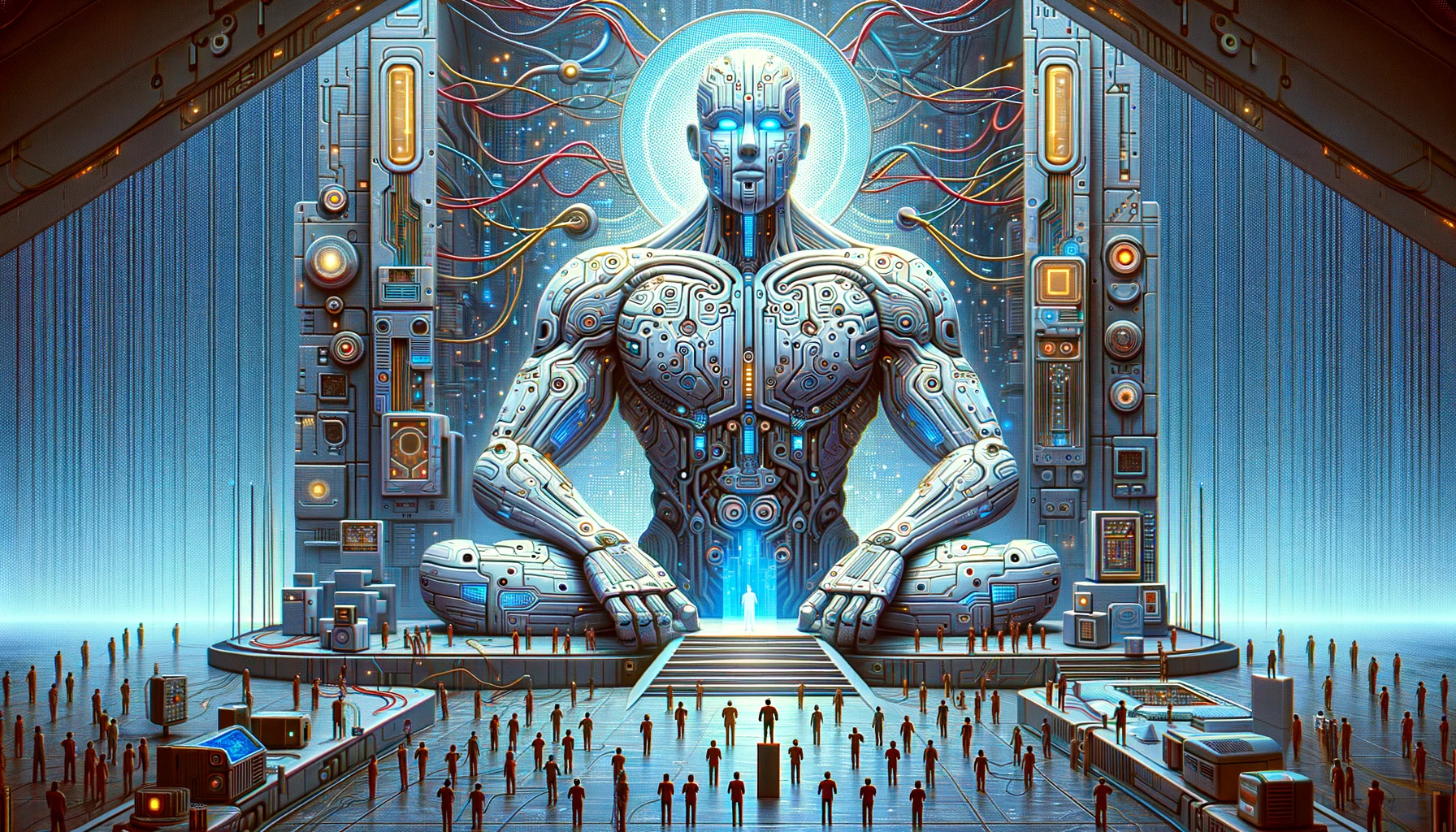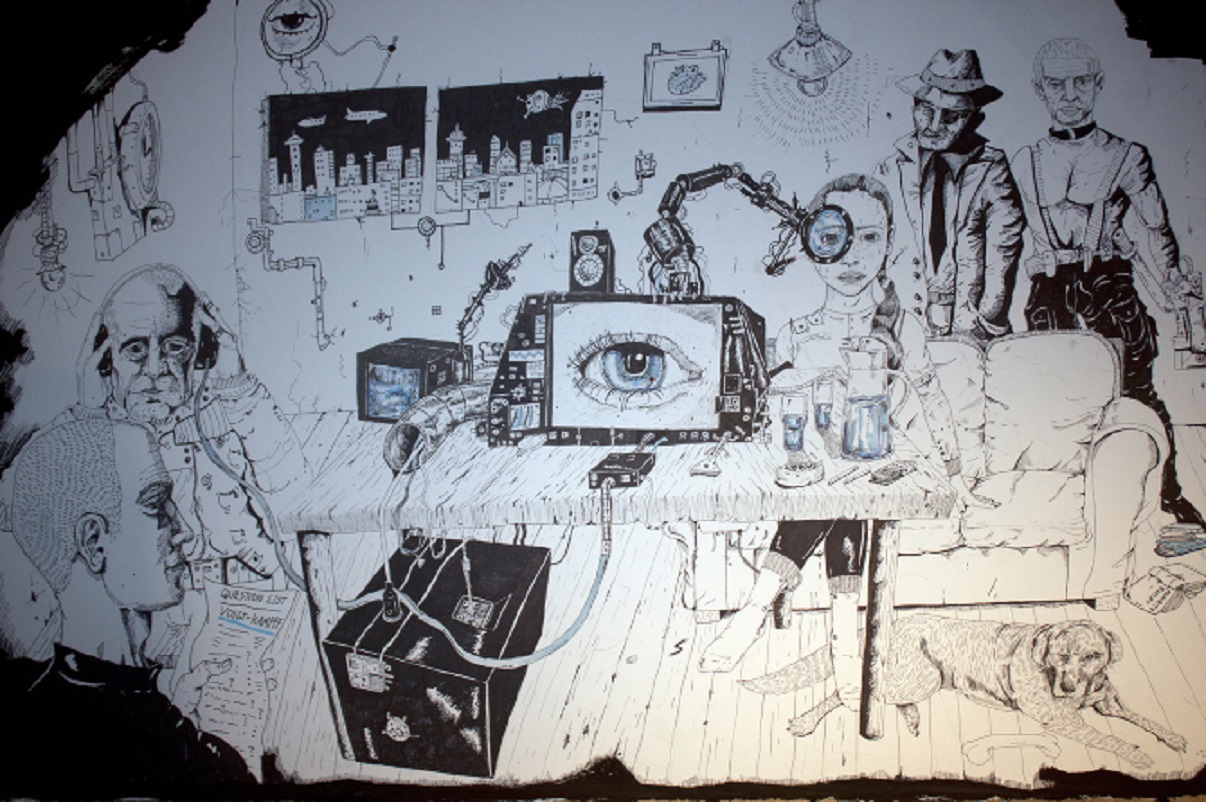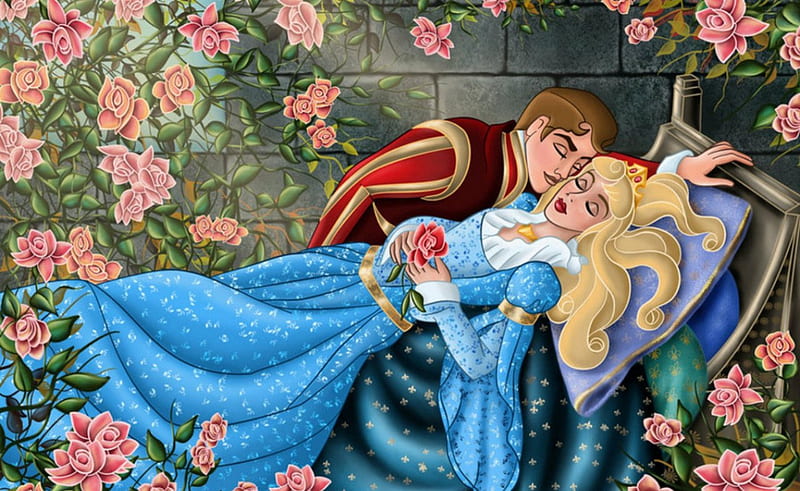Once we understand that all our regular, everyday mental activity is about ‘striving to obtain an impossible goal’ (or ‘striving to maintain a picture of reality that isn’t true’, which comes down to the same thing) then everything becomes a lot clearer. Once we understand this then we can no longer believe in the ‘cover story’, which is that our mental activity, our mental efforts, are legitimate – legitimate in the sense that they are in any way helpful or worthwhile – then something very important changes in the dynamics of the situation. A crucial shift takes place.
What changes is that we can no longer put our hearts in the struggle in the same way we used to. We’ve seen through it, after all, and we can no longer automatically believe in it in the way we used to. There are two aspects to this regular everyday straining- or striving-type behaviour that we’re talking about here – [1] is that it is compulsive (which is to say, we have to go along with it whether we want to or not) and [2] is that what we’re trying to do with our striving is the opposite of ‘helpful’ since we’re trying to make something happen that can never happen.
Everyday mental activity is all about trying to obtain impossible goals and we don’t have any choice but to go along with this mission, therefore. It’s not just that we are compelled to go along with it however – we are compelled to believe that these goals are both meaningful and capable of being obtained achieved and because we believe this we go along with it to the best of our ability and so we never realise that we are being compelled. The coercion in question comes about because of the way our perception of reality is being controlled by an external factor therefore, and the thinking mind will always act so as to control (or determine) the way we see reality. That’s its thing -that’s what it does. Thought provides us with a picture of the world without letting on that what we are relating to is ‘only a thought-generated picture’.
Thus, in a game, we believe that <winning> is a real thing, and that it is genuinely possible to <win>, and it is this belief that allows us to play the game. ‘Playing the game’ means ‘compulsively trying to obtain an unreal thing’ therefore. Winning isn’t a real thing – it’s a construct of the game, nothing more – and so since it isn’t a real thing naturally it can never be obtained. We don’t ‘freely’ choose to succeed in the game because playing it means ‘giving up our freedom not to take the rules of the game seriously’ – nothing happens ‘freely’ in a game. We don’t focus on the fact that there is no genuine volition in a game and instead we take the compulsion to win to be our own true motivation rather than one that has been imposed upon us and this too is a necessary condition for playing.
The concept of games gives us a perfect way of understanding how thought works, therefore. We can say that thought is a game. The perception we are provided with is that we actually want to win, that this is an expression of our actual agency or volition in the matter; the truth is however that the notion of winning is a phantasm, a necessary fiction for the sake of continuing with the game, and so for us to believe in winning as 100% real and attainable thing is to be controlled by the game. We are being totally controlled and we absolutely don’t know it. We’re buying into the fantasy of agency where there is none. There’s no agency here whatsoever, not even the tiniest trace of it – there is only blind mechanical compulsion.
There is no agency in a game, only the hallucinatory impression of it. Not only do I believe that there is such a thing as winning, I’m fully convinced that I actually want to win of my own free will and that it isn’t the game which is hijacking my volition in this matter. That <winning> is a genuinely meaningful prospect is a fiction which is rendered believable by the context that is assumed by the game; that there is one who is to be defined in terms of whether they attain the goal or not (i.e., in terms of being a winner or a loser) is also a fiction that only makes sense within the artificial context of the game. If winning is unreal then so too is the one who is to be defined in terms of it, therefore. Accomplishments that are measured against an ‘arbitrarily assigned benchmark’ are themselves arbitrary (which is to say, they are quite meaningless when we look at the bigger picture of things).
This is a point that is not at all easy to get. We might object, for example, that we exist independently of the game and that – therefore – the game does not define us. This is almost certainly how we would see things. The point is however that when we’re actually playing a game then winning is everything to us – winning is everything whilst losing is ‘the ultimate bad outcome’. That’s where our need to win comes from – if we didn’t perceive things in this crude black-and-white way then we wouldn’t be playing the game! This is the reason we enjoy playing games after all – we enjoy it because of this particular type of excitement. The black-and-white (or ‘all-or-nothing’) nature of the struggle is where the whole adrenaline-producing thrill of playing comes in.
When we are immersed in ‘the social game’ – which is pretty much always – then we really do care about whether we succeed or fail. We’re not just pretending to care – it’s for real! For almost all of us this is hugely important – social approval and disapproval are all-important the approval of others is our Number One Addiction, as Anthony de Mello says. The reason it is so important is simply because the approval / disapproval is defining us. ‘I am whatever you say I am’, as Eminem has so wisely pointed out! If we could live in the social world and yet not be defined by it (if we could live with other people and yet not be defined by them) then this would be no small thing. We would be free to be whoever or whatever we really are in this case, and that is a remarkably rare occurrence. This is a sort of freedom that we almost never have – we don’t even know that this type of freedom exists…
Although we don’t generally appreciate this fact, we all want to be told who we are. How would we know otherwise? This is the whole point of the exercise – the game tells us who we are and were we to be liberated from the game, were we to step outside of it, then there would be no more identity. When I am ‘freed’ from the prison which is my framework of reference then there is no more ‘agreement’ regarding who or what I am. We would of course much rather be defined in a ‘positive’ way rather than being dismissed or ignored or blamed because of our ‘spoiled’ identity, because of our ‘loser-type’ identity, but even being negatively defined is preferable to having no identity, to not knowing who we are. It is better to be defined as a loser than not defined at all because that way we are still part of the group, because we are still within the Realm of ‘Right versus Wrong’.
Because thought represents the world in black-and-white terms, we get represented in a black-and-white way too and this is what we want. When there are no things to either want or not want, to either be attached to via either attraction or aversion, then there is no one who either likes or dislikes, no one who either desires or fears. ‘The hoper’ (or ‘the fearer’) is gone. ‘What is a soldier without a foe? asks Robert Wyatt. Without things to be attached to there can be no self and things only exist in games. We play the game that there are things and then we get lost in this game forever. We get lost in the Generic forever…
Things are made of ‘yes’ and ‘no’ – they are made by boundaries, in other words – and so too is the mind-created identity. Without the ‘permanent conflict of polarity’ (which is to say ‘[+] versus [-]’, without ‘one opposite being set against another’) there can be no sense of being this separate, self-existent entity that has ‘agency’, that has personal volition. We obtain that deceptive sense of personal volition by ‘identifying with the rules of the game’, after all. The sense of agency that we prize so much is found only in the thought-created picture of the world, which is not a true picture. As Wu Wei Wu says in his book Open Secret,
‘Volition’ is only an inference, for, search as we may, we can find no entity to exercise it.
Our ‘regular, everyday mental activity’ is all about trying to obtain goals that makes sense within the black-and-white picture of the world that thought provides us with. What else would it be about, after all? What else do we believe in? Because this representation of the world unreal it is inevitable that our thought-moderated striving is going to be directed to obtaining (or avoiding) illusions, therefore. Thought – and the motivation that derives from thought – can never be separated from illusion! Thought is samsara. On the face of it our daily motivation is to secure the desirable outcomes and avoid the undesirable ones but on a deeper (and hidden) level we can say that our fundamental motivation is to create and maintain a picture of reality that just isn’t true, a picture of reality that is made up exclusively of ‘things’. The reason for this is – as we have just said – is because this is the only ‘reality’ that the everyday self or ego can exist in.
Image – gameranx.com






